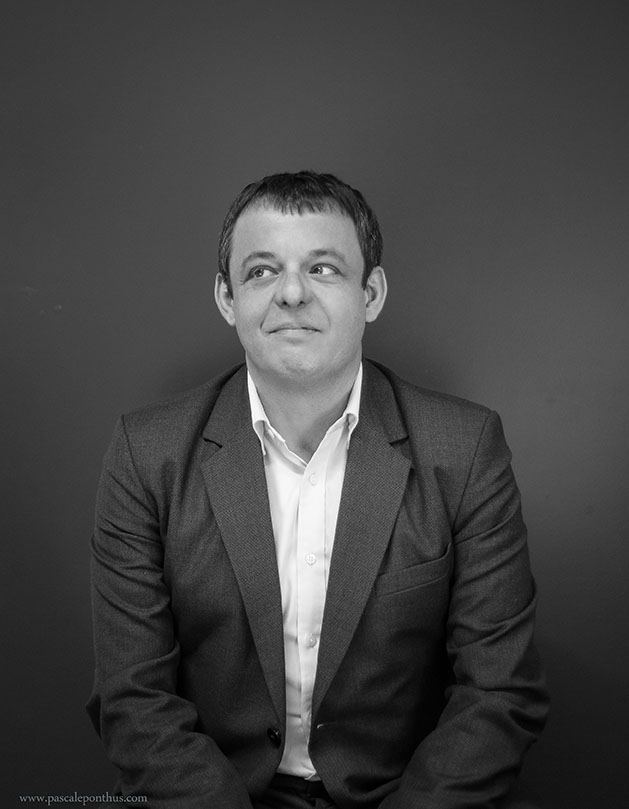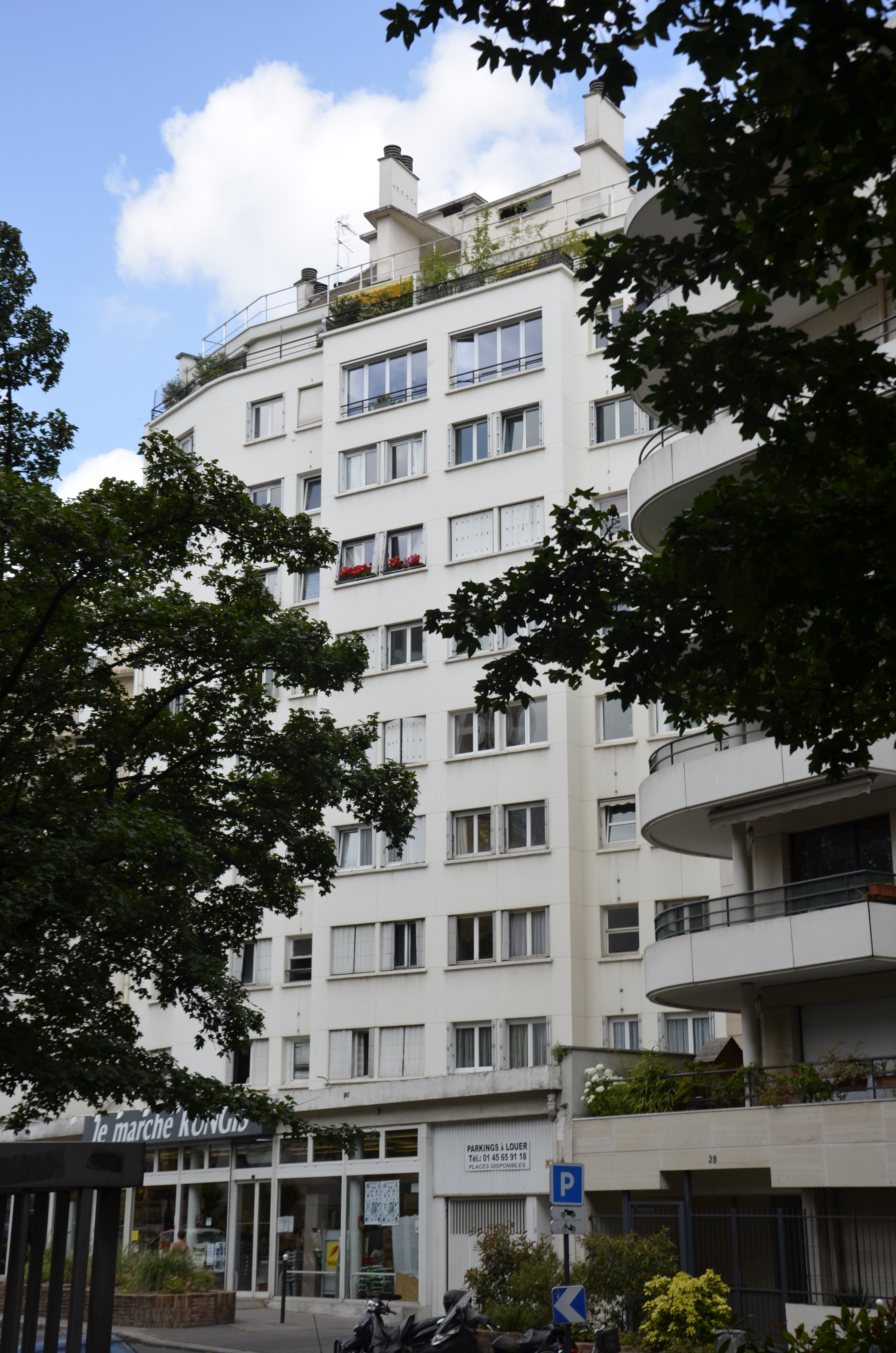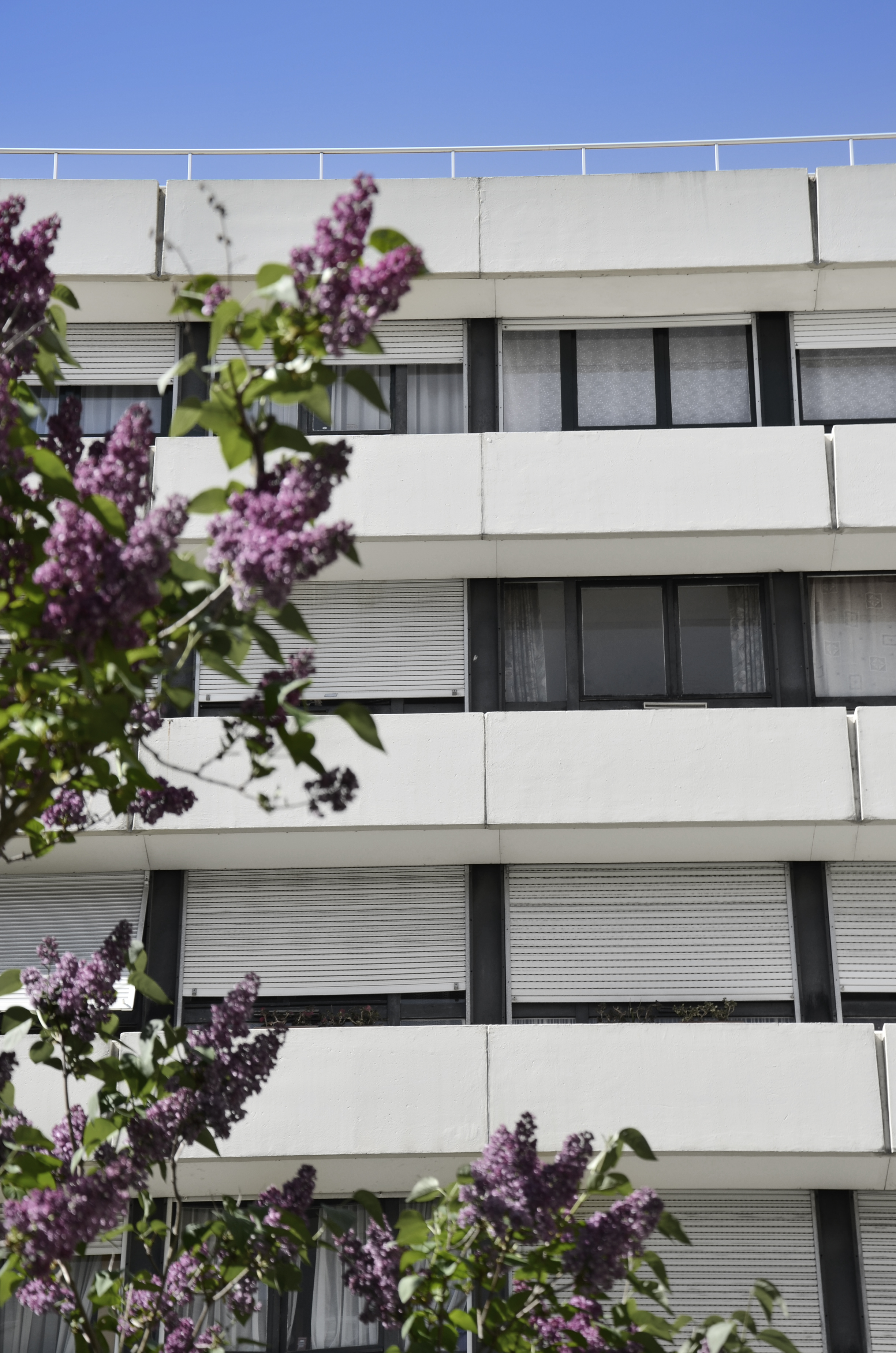The Investment Plan for Europe helps Énergies POSIT’IF renovate thousands of apartments in the Paris region for energy efficiency
If you’ve ever had neighbours who couldn’t get along, spare a thought for José Lopez. He has 3600 neighbours and it’s his job to bring them together.
Lopez is president of Énergies POSIT’IF, a public-private company that aims to make condominium buildings in the Île-de-France region more energy efficient. It’s hard work, because José and his team have to persuade every apartment-owner in a condo building to go along with the plan and to finance their share of the renovation work.

- Énergies POSIT'IF President José Lopez
Énergies POSIT'IF President José Lopez. Still, Énergies POSIT’IF just got a big helping hand in the form of a EUR 100 million loan from the European Investment Bank as part of the Investment Plan for Europe. The loan means Énergies POSIT’IF doesn’t have to scramble to find commercial banks that will finance a lending plan for each of the apartment-owners in a building. Énergies POSIT’IF will now be able to use the EIB loan to offer financing to the owners.
“Until now we couldn’t provide financing for condominiums,” says Lopez. “We weren’t deploying our complete business model. Now we can give owners the entire package. It makes it very simple for us, and it means we’ll be able to get more energy efficiency work done in a very short time.”
That’s important in the Paris region, where three-quarters of homes are either condominiums or social housing. Apartments built in the Sixties and Seventies—before oil shocks prompted energy efficiency regulations—simply leak heat. Énergies POSIT’IF renovations can save those buildings between 40% and 75% of energy use.
The model that Énergies POSIT’IF can now employ, thanks to the EIB loan, includes its ability to:
• assess a building for energy-saving potential and design a work plan in consultation with construction firms
• create a financing plan for the building, which can include pre-financing the energy efficiency grants residents might expect to receive after the project is completed
• lay out a financing plan for individual owners
• carry out the renovations, monitoring the work as it’s done
Thermal envelope for energy efficiency
The renovation work includes the kinds of measures you’d expect—thermal insulation, new windows, improved heating and ventilation systems. But Énergies POSIT’IF also places the existing building in a second skin, which Lopez calls “a thermal insulation envelope,” that is essentially up to 20cm of insulation over the entire façade. “We put a pullover on the building,” he says.

- A condominium waiting for its Énergies POSIT'IF "pullover"
The EIB loan frees Énergies POSIT’IF from the time-consuming work of trawling around the commercial banks, looking for loans for each co-owner. If you don’t think that’s a lot of work, consider that the four buildings currently undergoing renovation that Énergies POSIT’IF has worked on over the last three years—two in Paris and two nearby—include 1500 apartments.
Banks weren’t keen to make these loans, in any case. “There was a market failure between what the banks offer and what people want to do,” says Jérémie Hoffsaes, the EIB loan officer who negotiated the deal with Énergies POSIT’IF. “This deal makes Énergies POSIT’IF a one-stop shop.”
It’s a big moment for Lopez, an energetic, animated man who was born to Spanish parents in Clermont-Ferrand in central France. Trained as an economist, he worked for several national authorities, then for the European Bank for Reconstruction and Development in Russia, Bulgaria and Ukraine. He spent 10 years as a consultant on energy efficiency and climate change issues in developing countries and the regions of France, before founding Énergies POSIT’IF in 2013.
“We’ve demonstrated we can interest condominium owners, architects, and construction companies in energy efficiency,” he says. “We are strongly stimulating energy efficiency work.”

Stimulation for French energy efficiency
That stimulation is likely to pick up now. Énergies POSIT’IF expects co-owners in seven further buildings to vote within six months on whether to press ahead with the company’s plans for renovations. Lopez is hopeful that, now that the EIB is behind the project, work on the 600 apartments in these buildings will soon be underway.
Meanwhile, Énergies POSIT’IF is currently designing projects for 12 other condominiums with 1500 apartments. Voting in those buildings should take place by the end of the year.
“To get these projects done, you need know-how and you need to aggregate lots of relatively small buildings to make it economically viable,” says Reinhard Six, a senior engineer in the EIB’s energy efficiency and small-scale energy projects division. “That’s what Énergies POSIT’IF does.”
Énergies POSIT’IF is owned mostly by the Regional Council of Île-de-France, the city of Paris and a number of local authorities. It also has investment from the banking sector, including Caisse d’Epargne Île-de-France and Caisse des Dépôts. But Lopez argues that, while the Paris region’s large percentage of condominiums are prime energy efficiency territory, the Énergies POSIT’IF model should be replicated across France.
The EIB evidently agrees. The Bank is working on similar energy efficiency deals in three French regions.
